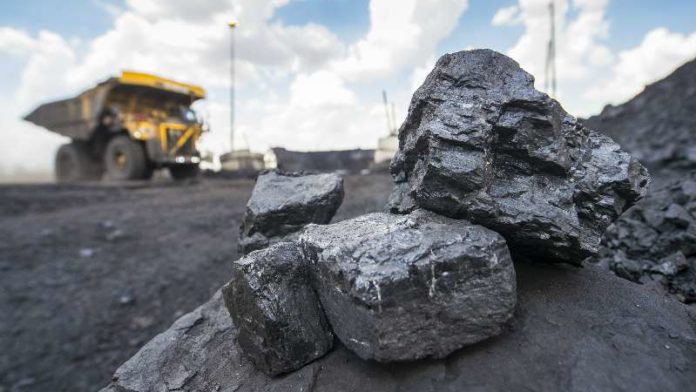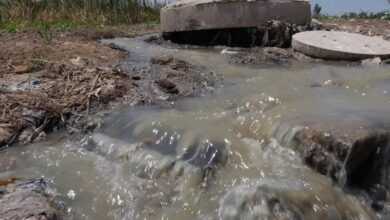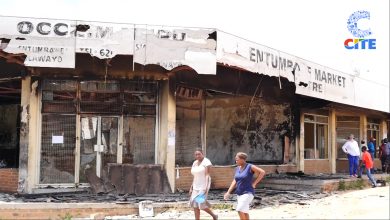Women call for gender impact assessments in the mining sector

The promotion of an enabling environment for women in the mining sector is still a challenge, prompting calls for Gender Impact Assessments (GIA) to be made mandatory for every mining venture.
These GIAs will allow project planners to consider the impact projects have on women, men, boys and girls while minimising negative effects yet promoting women empowerment at the same time.
This came out of a 2021 Gender and Extractives Symposium convened by the Platform on Gender and Extractives virtually on July 14 to 16, 2021 which ran under the theme, “Women in leadership: advancing an equal future in the extractives sector.”
The fifth edition of this multi-stakeholder engagement platform was attended by women in mining, mining associations led by women, mining communities from Bubi, Gwanda, Hurungwe, Shurugwi, Marange, Mutoko, Zvishavane and representatives from government departments, Women’s Microfinance Bank, development partners, civil society organisations, faith-based organisations, government ministries, Parliament of Zimbabwe and Parliamentary Portfolio Committees.
During the discussions, it was agreed that in addition to allocating public resources for gender-responsive budgeting to address gender equality, gender mainstreaming across the mining value chain was of ‘paramount’ importance in line with Section 17 of Zimbabwe’s Constitution.
The platform noted that mechanisms have to be instituted to make sure GIAs become mandatory for every mining venture.
“GIAs will allow project planners to consider the impact that a project has on women, men, boys, and girls. They will ensure that negative project impacts are minimised at the same time promote women agency and empowerment,” read the communique released after the meeting.
Participants noted that patriarchy was still a challenge, as it permeated society from domestic control to male-dominated institutional structures in the mining sector, which saw women in mining calling for enforcement of the legislative frameworks that address gender inequality.
“Negative stereotypes and historical beliefs continue to affect women’s full participation in mining and if not addressed, these will continue being an acute inequality contributor between men and women in mining,” said the participants’ communique.
Financial institutions were also called upon to simplify loan acquisition processes and access to finance so that women are capacitated with modest equipment to boost productivity.
“Mining is capital intensive and lack of funding continues to affect the level at which women miners can grow their mining enterprises. Even though there are several funders that are willing to support women, mining requires geological surveys and sadly many women do not have resources to undertake geomagnetic scans,” said the female miners.
“Capacitate women in the artisanal and small scale miners sector with skills and knowledge to operate effectively in the mining sector.”
This remains critical to continuously strengthen women’s ability to organise into mining syndicates and legally register so that they acquire mining claims and operate as small-scale miners, said the women miners.
“There is need for continuous mentoring and support to make sure that these historical gender imbalances can be redressed. Implement social protection mechanisms that benefit women, youths, people living with disabilities and other vulnerable groups living in mining host communities in line with section 298 of the Constitution which stipulates that the benefits and burdens of the use of resources must be shared equally between present and future generations,” read the communique.
The platform concurred that capacitation of women in mining must be requisite since artisanal and scale miners required improved environmental management, public health management, and mine safety to reduce environmental and human costs in line with the principles of sustainable development.
“We must make sure there is full engagement of women, in key decision-making positions matters including exploring feminist economic alternatives, recognising, reducing, and distributing unpaid care work, and building their confidence to ensure increased income in the extractive sector,” said the women.
“Although over the years, there have been changes in men’s attitudes towards taking more responsibilities for unpaid care work, promotion of decent work for women in sectors such as the extractives industry is still a challenge which calls for urgent attention.”
The women said decent work is the only sustainable way out of eradicating poverty whilst building the necessary social cohesion.
“Therefore, there is need for continued partnerships and engagement of stakeholders, policy makers, relevant government ministries and CSOs to promote decent work for women in the extractive industry,” read the communique.






